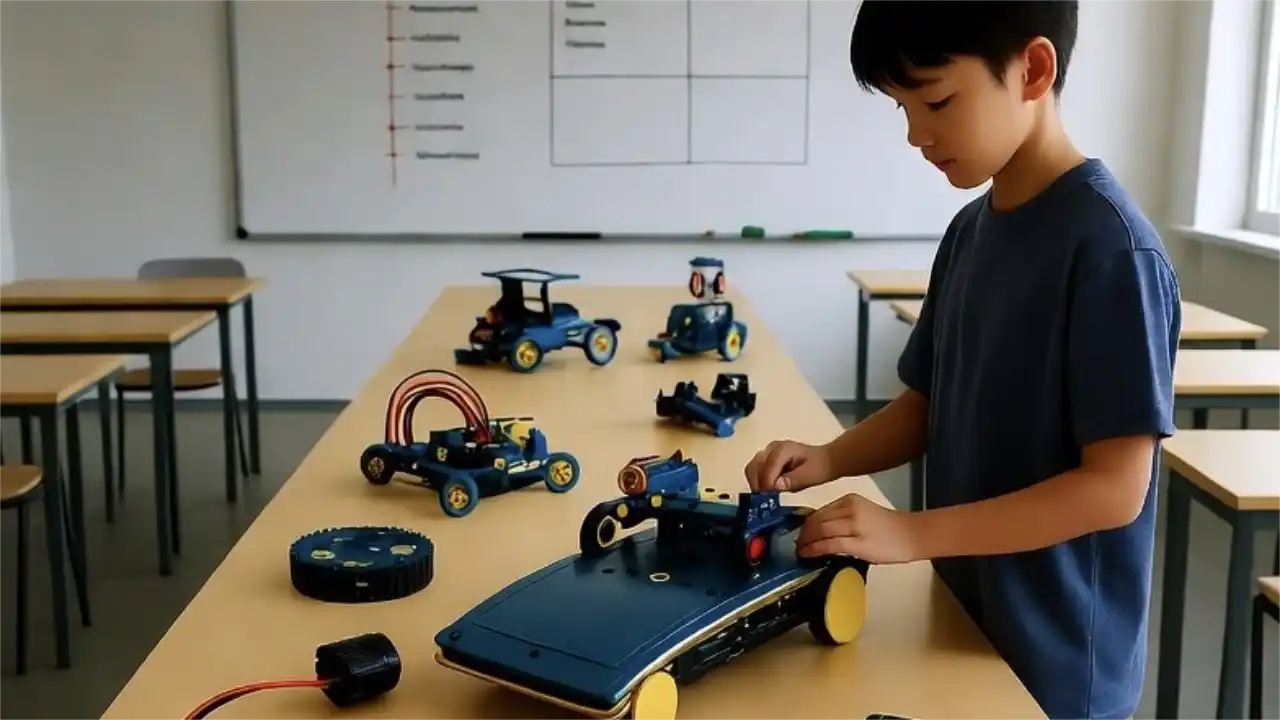
Promoting Peer Interaction: Join Clubs
C
lubs give children the chance to build more than just skills—they build relationships, roles, and a sense of contribution. Whether it’s drama, robotics, chess, or coding, clubs demand collaboration. Kids take on roles like director, builder, or coder and learn to align their efforts toward a shared goal. By prompting them to ask, “What can I offer this team?” you help shift their mindset from passive member to active contributor.
When my son joined a robotics club, he was eager to participate but hung back, unsure of his place. I asked him, “What part could you lead?” That small question sparked action—he offered to organize the tools, then teamed up with others to test sensors. As the weeks passed, he gained confidence not only in building but in navigating group dynamics. He later presented their prototype at a school event, proud not just of the product but of how they got there. Each new club, whether drama or debate, taught him to communicate, resolve conflict, and contribute with care.
Encourage your child to explore different types of clubs and reflect on their experiences. What did they enjoy? What role did they play? These conversations build awareness of team dynamics and give kids the language to describe their value in group settings—an essential skill in school, future jobs, and beyond.
Promoting Peer Interaction
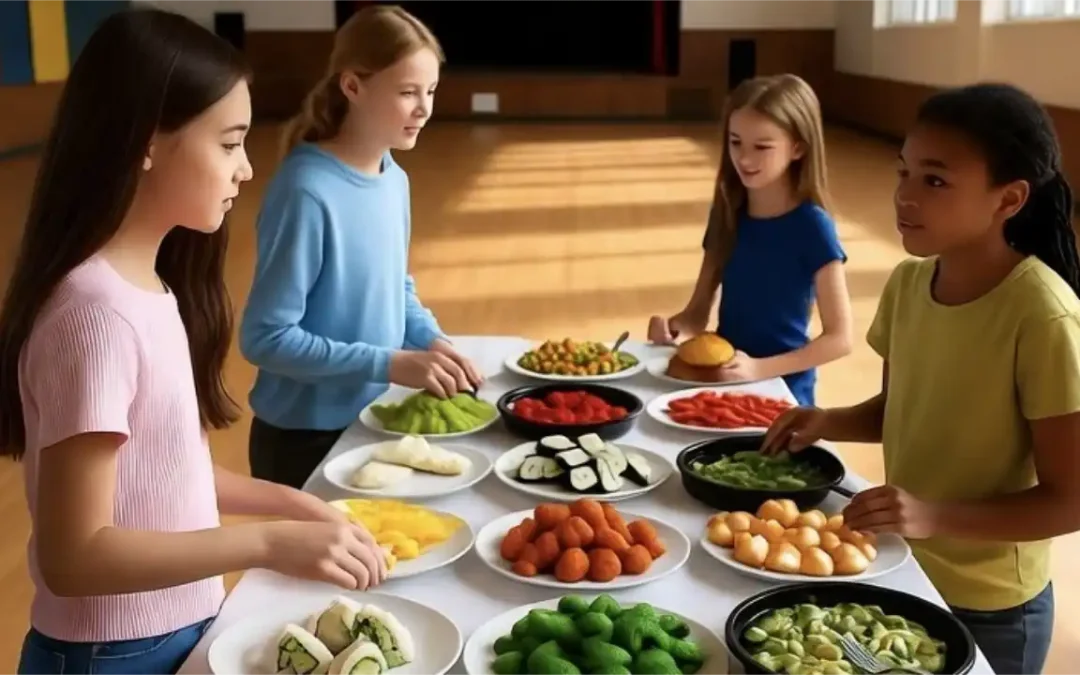
Promoting Peer Interaction: Mix Cultures in Team Challenges
Multicultural teamwork enriches empathy and understanding. Design group challenges that celebrate different backgrounds and ideas.
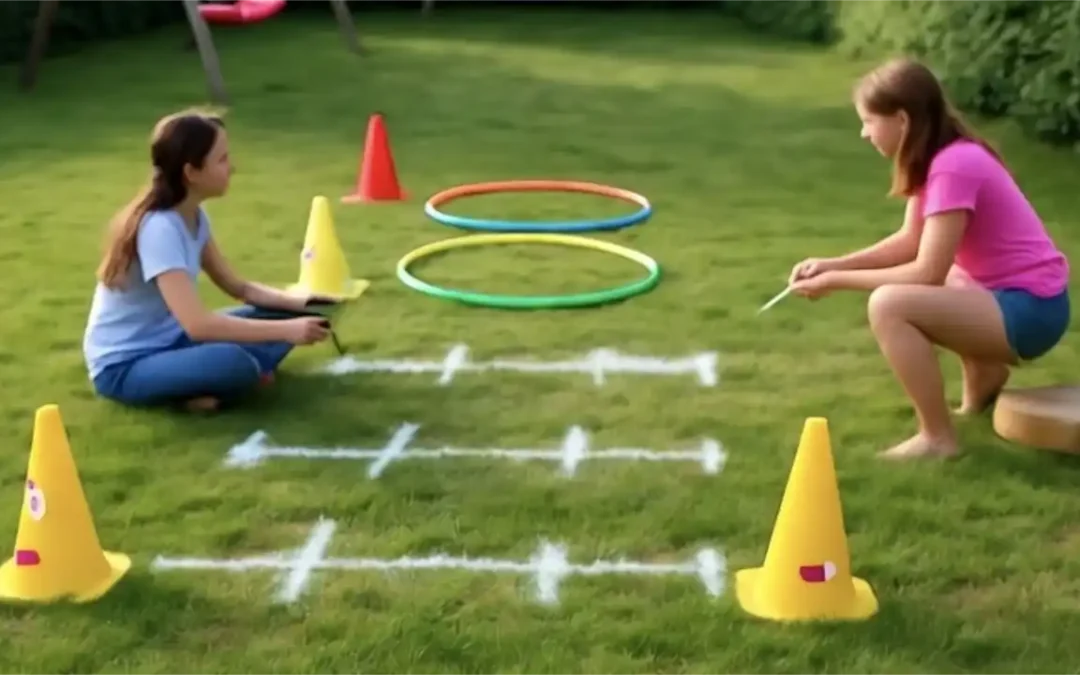
Promoting Peer Interaction: Host Playdates for Friendship and Teamwork
Playdates help children learn cooperation, communication, and empathy. Create playful, structured activities that support healthy friendships.
Table of contents

Primordial Soup for the Mind: Navigation
Navigate the book Primordial Soup for the Mind.
TIPS
- Ask “What’s the team’s plan?” to start organizing.
ACTIVITIES
- Robot Fix: Build a bot, ask, “How can you fix it together?” Work for 15 minutes.
- Play Rehearsal: Stage a scene, discuss roles, 20 minutes.
EXAMPLE
My daughter led a robotics project, saying, “We nailed it!” Her clubs started a tech hobby.

Download “Primordial Soup for the Mind: A Parent’s Guide to Nurturing Intellectual Growth”
Enter your information to get this article and hundreds more as part of the FREE book Primordial Soup for the Mind.
Share your thoughts with the Thought Academy community in the Comments section below.

Sharpen those skills!
Enter your information to get our FREE practice exercises so you can hone your critical thinking and reasoning skills!



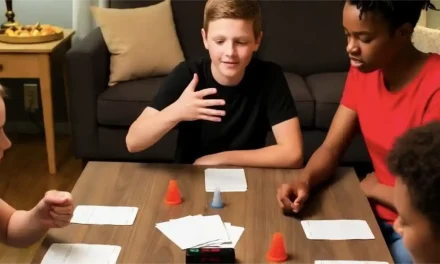

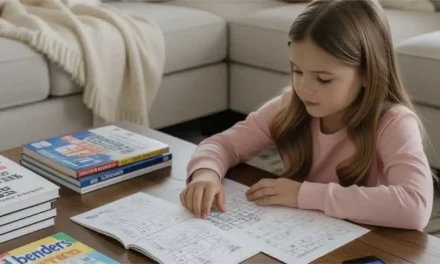

0 Comments